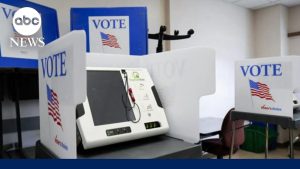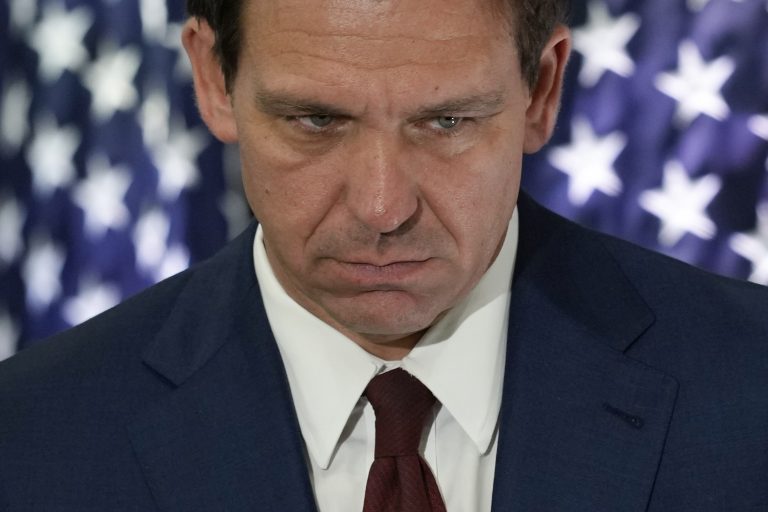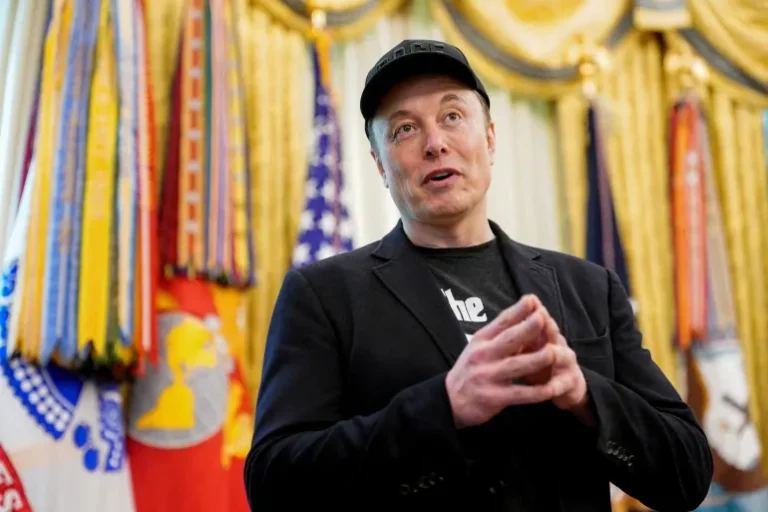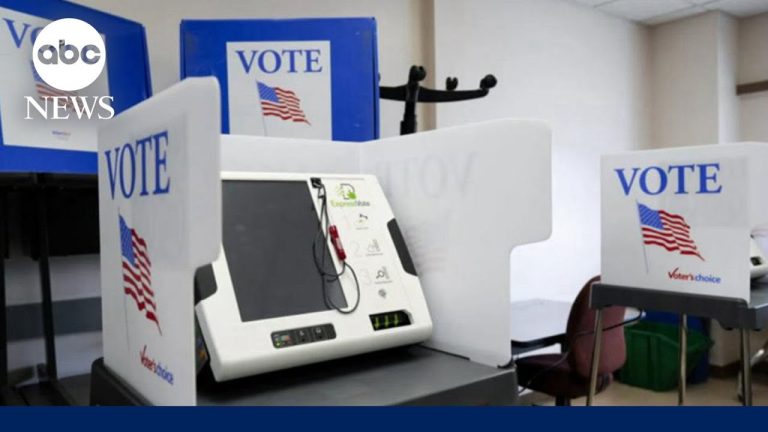-By Jason Hancock
June 19, 2011- Nixon vetoed a bill Friday that could have eventually required voters to provide a government-issued photo ID to cast a ballot.
In the closing days of the legislative session, lawmakers passed an amendment to the state’s constitution mandating a photo ID to vote and a bill putting the amendment into practice. Voters will have the final say next year on the amendment, but by vetoing the implementation bill Nixon has prevented the law from going into effect even if it is approved by voters.
“This [photo ID] mandate would disproportionately impact senior citizens and persons with disabilities, among others, who are qualified to vote and have been lawfully voting since becoming eligible to do so, but are less likely to have a driver’s license or government-issued photo ID,” Nixon said in a letter explaining his veto. “Disenfranchising certain classes of persons is not acceptable.”
The bill included a mandate that the state cover the cost of obtaining a photo ID for those who are unable to do so. In addition, it exempted several groups that could have problems getting a photo ID, including anyone born before 1941 or someone with a sincerely held religious belief against obtaining these forms of identification. Those individuals would be allowed to cast a provisional ballot that would be counted only after an election official verifies their identity by comparing their signature with a signature on file.
Critics point out that a vast majority of provisional ballots are never counted, and that over time a person’s signature could change with age or physical disability, thus putting their right to vote in jeopardy.
“Placing a cloud of uncertainty over ballots cast by qualified voters is inconsistent with an individual’s right to vote and have that vote counted,” Nixon said, later adding that it was “unacceptable to impede or discourage citizens from voting who have lawfully cast ballots their entire adult lives.”
In 2006, Republicans pushed through a photo ID bill that was later struck down by the Missouri Supreme Court. The court ruled that the law amounted to a "heavy and substantial burden on Missourians' free exercise of the right of suffrage."
In Missouri, voters are already required to provide some form of ID before casting a ballot, but the list includes some without a photo, such as a utility bill, bank statement or paycheck.
A 2009 study by the secretary of state's office estimated around 230,000 Missourians are registered to vote but lack a government-issued photo ID. A 2007 study by Washington University found that among blacks, the young and low-income residents — historically among the most loyal Democratic voters — about 80 percent of registered voters had access to a government-issued photo ID. This compares to around 90 percent of whites, middle class and middle-aged voters.








